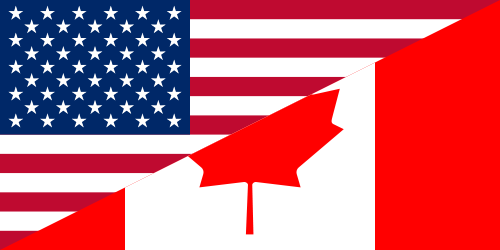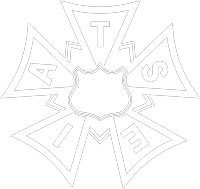
Working people can’t afford any more trade policies written by and for corporations. But neither should we be pawns in a misguided power struggle that antagonizes allies or empowers corporations but fails to fix our economy.
A recent Global News/Ipsos poll revealed that more Americans support Canadian Prime Minister Justin Trudeau’s actions on trade than President Donald Trump’s. In part, that may be because Trudeau seems more "likable." It may be because Americans have been treated to a steady stream of pundits who—like the global corporations who profit from unfair trade—oppose all forms of trade enforcement and who are purposely trying to make trade enforcement a dirty word. Wall Street has been working overtime to spook us with the specter of a "trade war," and the scare tactics have apparently been working.
The truth is that Trudeau, likable though he may be, is hurting Canadians by advancing the Trans-Pacific Partnership (TPP) and the Comprehensive Economic and Trade Agreement (CETA) trade deals, both of which are rigged to favor corporations over working families. Both deals are mostly about restricting the power of citizens to make decisions about how to run their own countries and rein in outrageous and irresponsible behavior of powerful corporations. The deals are only a little about actual trade.
Likewise, although Trump talks a good game on pro-working family trade policies, things like lumping Canada in with trade cheats like China, anti-worker federal employment policies and distinctly anti-family immigration policies put those words into doubt.
As we have said before, tariffs can be an important step in seeking to address trade cheating as well as trade practices (such as global overproduction of steel and aluminum) that may not violate specific international trade laws but do threaten our national security. That is why we support the Trump administration's announcement of the Section 232 tariffs on steel and aluminum and Section 301 intellectual property tariffs.
As a result of the 232 tariffs, 3,500 steel and aluminum workers already have been called back to work in Texas, Illinois, Ohio and elsewhere. A new steel mill is being built in Florida.
To be clear, the tariff roll out has been mismanaged. The administration should have worked strategically with allies (such as Canada) instead of alienating them with tariffs that aren’t targeted to solving the problem.
Tariffs are only a tool. By themselves, they will not achieve the comprehensive trade reform working families need. They won’t ensure we have the freedom to join unions and negotiate for better wages. They won’t eliminate private “corporate courts” that give companies another reason to outsource jobs. They won’t reform bad tax laws that also promote outsourcing. And they certainly won’t fund the infrastructure, education and training we need to boost our economy.
So, next time you think about tariffs, think about how they can protect jobs and curb predatory trade behavior, but also know that alone, tariffs are not enough.
And the next time you think about politicians, think about how they can better protect working families, no matter what party or country they represent. Rather than feuding, both Trudeau and Trump should improve their trade policies by acting together to comprehensively promote the interests of working families. They should start with the AFL-CIO’s NAFTA recommendations.
Join the fight for better trade. Text TRADE to 235246.
